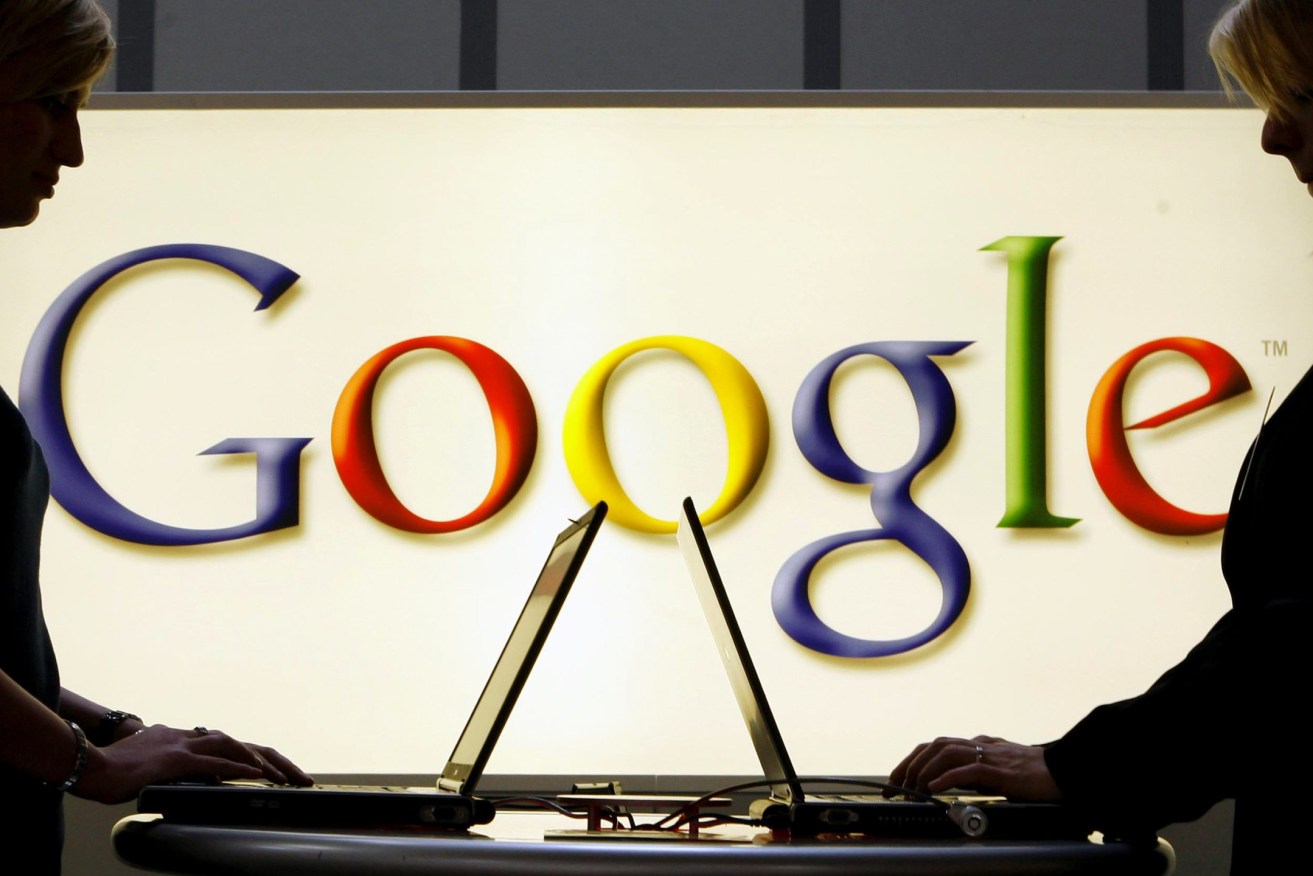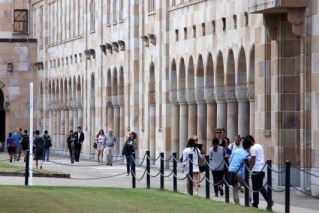Australia keeps close eye on the landmark court case that could tear Google apart
Australia’s competition watchdog is closely watching a United States case against internet search and advertising giant Google.

Laws forcing Google and Facebook to negotiate how much they pay for Australian news content will be introduced into parliament this week. (Photo: AP Photo/Jens Meyer, File)
The US Government has filed a lawsuit against Google, accusing the company of illegally using its market power to fend off rivals.
The Justice Department has warned nothing is off the table, including breaking up the online behemoth.
Australian Competition and Consumer Commission chairman Rod Sims said the case was extremely significant.
“It’s probably one of the major antitrust cases of the last 10 or 20 years dealing with issues that fundamentally underpin who wields market power in search,” Sims told ABC radio on Wednesday.
The ACCC recently released a major report that found Google was paying Apple nearly $10 billion a year to ensure it was the default search engine for their devices.
Sims said his agency worked closely with the US Department of Justice while compiling its report.
“It’s absolutely fascinating this action has now been taken,” he said.
The competition watchdog is separately working on a mandatory code to make Google and Facebook pay Australian media companies for their journalism.
Facebook has threatened to stop sharing Australian news as a result and Google has indicated it could withdraw some search functions.
“It’s up to them how they want to behave and make those statements,” Sims said.
He said the draft code would change following consultations with the digital giants and media companies.
“We’ll do our best to take everybody’s views into account and accommodate those where we can because we’re not trying to go around poking people in the eye,” he said.
“Ultimately of course it’s a decision for government, but the decision will be made, and then Google and Facebook will have to make their decisions.”
The lawsuit, which was joined by 11 US states, marks the biggest antitrust case in a generation, comparable to the lawsuit against Microsoft Corp filed in 1998 and the 1974 case against AT&T which led to the break-up of the Bell System.
The lawsuit claims that Google acted unlawfully to maintain its position in search and search advertising on the internet and says that “absent a court order, Google will continue executing its anti-competitive strategy, crippling the competitive process, reducing consumer choice and stifling innovation”.
The complaint says that Google has nearly 90 per cent of all general search engine queries in the United States and almost 95 per cent of searches on mobile.
Attorney General Bill Barr said his investigators had found that Google does not compete on the quality of its search results but instead bought its success through payments to mobile phone makers and others.
“The end result is that no one can feasibly challenge Google’s dominance in search and search advertising,” Barr said.
When asked on a conference call if the department was seeking a break-up or another remedy, Justice Department official Ryan Shores said, “Nothing is off the table but a question of remedies is best addressed by the court after it’s had a chance to hear all the evidence”.
In its complaint, the Justice Department said that people in the US were hurt by Google’s actions.
In its “request for relief,” it said it was seeking “structural relief as needed to cure any anti-competitive harm”.
“Structural relief” in antitrust matters generally means the sale of an asset.
“Ultimately it is consumers and advertisers that suffer from less choice, less innovation and less competitive advertising prices,” the lawsuit states.
“So we are asking the court to break Google’s grip on search distribution so the competition and innovation can take hold.”
Google, whose search engine is so ubiquitous that its name has become a verb, called the lawsuit “deeply flawed,” adding that people “use Google because they choose to – not because they’re forced to or because they can’t find alternatives”.
-AAP












